A Paradigm Shift in Computer Science? / People
Meet the people behind the workshop!
On This Page
Workshop program and details at informatics.tuwien.ac.at/news/2745.
Chairs
Hannes Werthner
TU Wien, Austria

Hannes Werthner is a retired Professor for E-Commerce at the Faculty of Informatics, TU Wien. Prior to joining TU Wien, he had several professorships at Austrian and international Universities. His research is in several fields such as Decision Support Systems, E-Commerce, E-Tourism, Recommender Systems, and lately in Network Analysis and Text Mining. Besides research and teaching he is active in starting new initiatives, such as the Vienna PhD School of Informatics and the i2c (Informatics Innovation Center). And he is a key figure in the Digital Humanism Initiative with its Vienna Manifesto on Digital Humanism, he is curating the Digital Humanism Fellowship Program at the IWM (Institute of Human Sciences) and is co-editor of the two books “Perspectives on Digital Humanism” and “Introduction to Digital Humanism”, with over 960,000 downloads.
Stefan Woltran
TU Wien, Austria
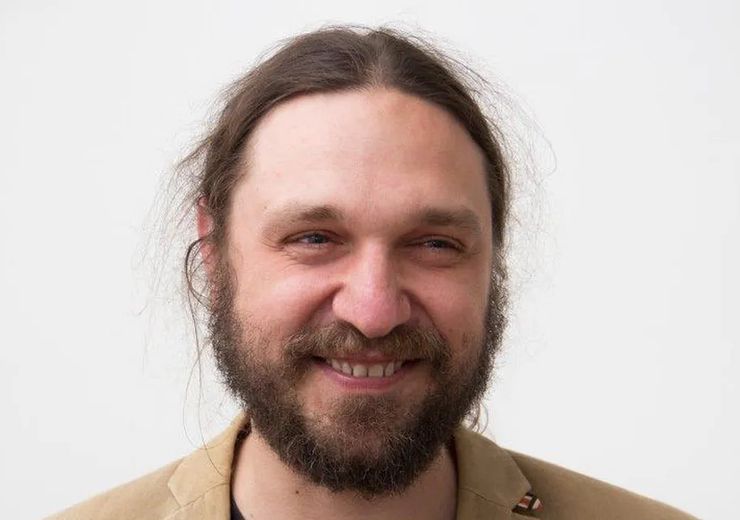
Stefan Woltran is full professor of Formal Foundations of Artificial Intelligence at TU Wien and head of the research unit Databases and AI. His research focuses on problems in the area of knowledge representation and reasoning, argumentation, complexity analysis in AI and logic programming. In the winter term 2013, he held a deputy professorship at Leipzig University. In 2013, he also received the prestigious START award from the Austrian Science Fund (FWF). He acted as PC Chair for the 10th International Symposium on Foundations of Information and Knowledge Systems (FoIKS’18) and for the 15th International Conference on Logic Programming and Non-monotonic Reasoning (LPNMR’19). He has lead several research projects funded by FWF and Vienna Science and Technology Fund. Since 2018 he is a fellow of the European Association for Artificial Intelligence. Since 2020 he serves as Vicedean of Academic Affairs of the Faculty of Informatics at TU Wien. In 2021, he co-founded the Center of Artificial Intelligence and Machine Learning at TU Wien.
Ludger Hagedorn
Institute for Human Sciences, Austria
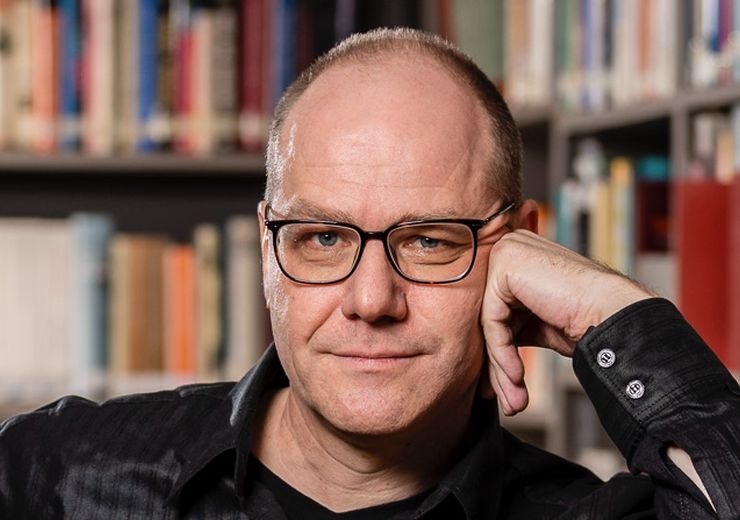
Ludger Hagedorn is a Permanent Fellow at the Institute for Human Sciences (IWM) in Vienna, where he is Head of Program and of the Patocka-Archive. From 2005–2009 he was a Fellow of the Czech Academy of Sciences. He worked as a Guest Lecturer at Gutenberg-University Mainz, Södertörns Högskola Stockholm, Charles University Prague and NYU Berlin. His main research areas include Political Philosophy, Philosophy of History, Phenomenology and Existentialism, History of Ideas, and Secularization. Recent publications: Jan Patocka: Europa und Nach-Europa, (ed.), Freiburg 2024; „Faith in the World.” Post-Secular Readings of Hannah Arendt, ed. by Rafael Zawisza and Ludger Hagedorn, Frankfurt/Chicago 2021.
Speakers and Panelists
In alphabetical order.
Hans Akkermans
UDS, Tamale, Ghana
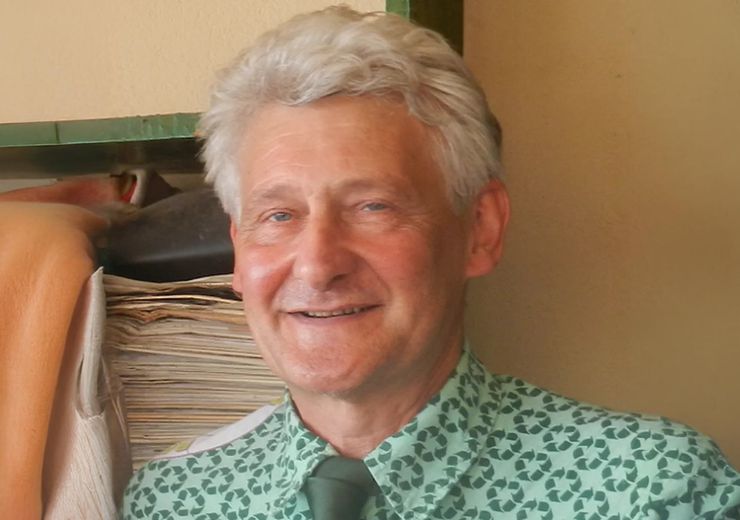
Hans Akkermans is professor of Business Informatics (emeritus) at Vrije Universiteit Amsterdam. He is the Founding Director of the interdisciplinary Network Institute at Amsterdam that studies the interaction between digital technology and society, in which researchers from the faculties of social sciences, humanities, law, economics, and informatics participate. He has worked for many years in knowledge engineering & management, information systems and innovative e-business modelling, with for example applications and innovations in smart electricity distribution networks and the sustainable energy transition that have been internationally field-deployed and are now in industrial and commercial use. His current research interests focus on the interdisciplinary research, education and community service program W4RA (Web alliance for Regreening in Africa). He is co-chair of DigHum’s Curriculum Working Group. He holds a cum laude PhD in theoretical physics in the field of nuclear reactions from the University of Groningen.
Agata Ciabattoni
TU Wien, Austria

Agata Ciabattoni is Professor and the Head of the Research Unit Theory and Logic. She is the co-chair of the Vienna Center for Logic and Algorithms (VCLA), a member of the council of the Association of Symbolic Logic, co-chair of the Steering Committee (SC) of the Society of Deontic Logic and Normative Systems, and a member of a number of SC, including Women in Logic, a forum that supports women working on logic-related topics. In 2011 she received the START prize, the highest Austrian award for early career researchers, for her project Non classical proofs: Theory, Applications and Tools. Agata Ciabattoni works on logics different from classical logic: theory, applications and tools. Her running research projects include the WWTF project “TAIGER: Training and Guiding AI Agents with Ethical Rules” (with Ezio Bartocci and Thomas Eiter), and the FWF project (Weave with Germany and Luxembourg) “Logical methods for Deontic Explanations” (with Leon van der Torre and Christian Strasser).
Noshir Contractor
Northwestern University, USA

Noshir Contractor is the Jane S. & William J. White Professor of Behavioral Sciences at Northwestern University. He investigates how networks form and perform. He is a Distinguished Scholar of the National Communication Association and is a Fellow of the Academy of Management, the International Communication Association, the Network Science Society, the American Association for the Advancement of Science, and the Association for Computing Machinery. He is a recipient of the Simmel Award from INSNA. He received the Distinguished Alumnus Award from the Indian Institute of Technology, Madras where he received a Bachelor’s degree in Electrical Engineering. His Ph.D. is from the Annenberg School of Communication at the University of Southern California.
Tim Crane
Central European University, Austria
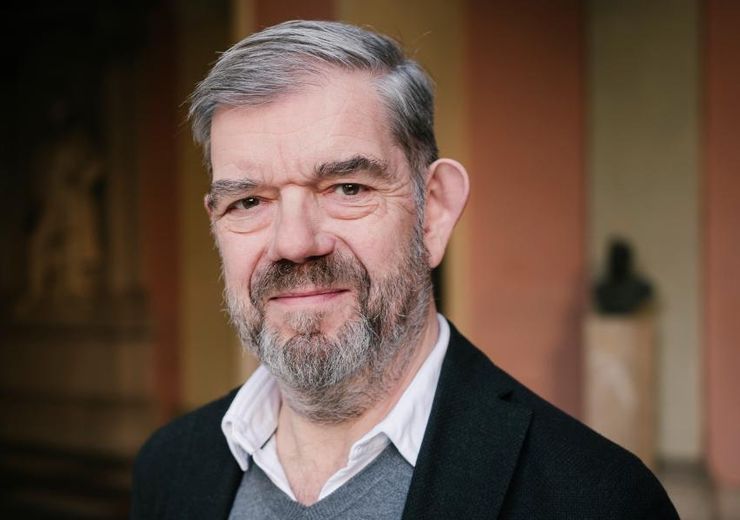
Tim Crane is a Professor of Philosophy at the Central European University (CEU) in Vienna, where he is also Pro-Rector, and Director of Research of the FWF Cluster of Excellence Knowledge in Crisis. Crane previously worked at UCL and the University of Cambridge, where he was Knightbridge Professor of Philosophy. Crane works in the works in the philosophy of mind. His books include The Mechanical Mind, (1995), Elements of Mind (2001), The Objects of Thought (2013) and The Meaning of Belief (2017).
Georg Dorffner
Medical University of Vienna, Austria

Georg Dorffner is Associate Professor at the Institute of Artificial Intelligence, Center of Medical Data Science, Medical University of Vienna. He holds master’s degrees in Computer Science and Communication Engineering from the Vienna University of Technology, as well as a PhD in Computer Science from Indiana University (USA). He has performed research in AI since the 1980s, when he was one of the Austrian pioneers in applying neural networks for both machine learning and as a cognitive model of language acquisition. In the 1990s, he received tenure (“Habilitation”) for his work in applying novel types of neural network to data in medical applications. His research has strongly focused on signal and time series processing. In the early 2000s he founded the spin-off company The Siesta Group – serving as its CEO until 2014 –, which since its beginning has applied AI methods to the analysis of brain waves (EEG), in particular those during sleep (polysomnography and sleep staging). The company today provides such analysis services for clinical trials, mainly in the pharmaceutical area. Since 2014 he has been the Curriculum Director of the Master program “Medical Informatics” at the Medical University of Vienna. He is also one of the vice presidents of the Austrian Society of Artificial Intelligence (ASAI).
Thomas Eiter
TU Wien, Austria
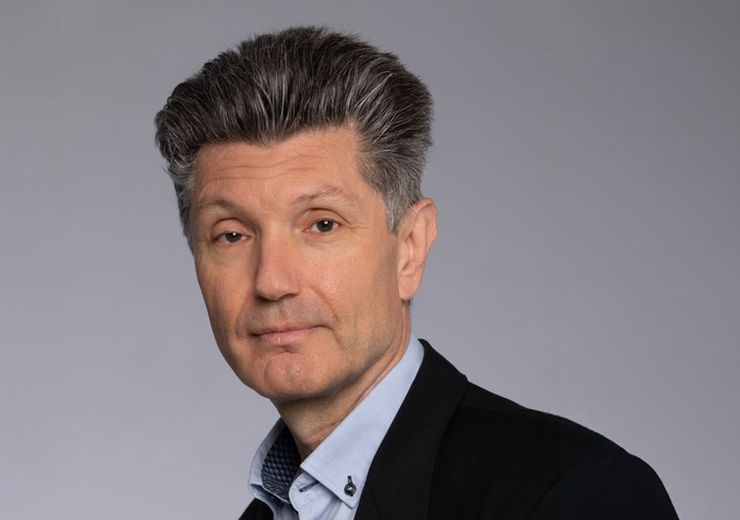
Thomas Eiter is Head of the Institute for Logic and Computation and of the Research Unit Knowledge-Based Systems, where he has been a Professor since 1998. Eiter has been working in different fields of Computer Science and AI, with a focus on knowledge representation and reasoning. He is a fellow of the ACM, of the European Association for Artificial Intelligence (EurAI), and of the Asia-Pacific Artificial Intelligence Association (AAIA), as well as member of the Austrian Academy of Sciences and of Academia Europea (London). Eiter has been serving on various boards, steering bodies, and conference committees throughout his career. He is the current president of the Association for Logic Programming and past president of KR Inc.
Gerhard Friedrich
University of Klagenfurt, Austria
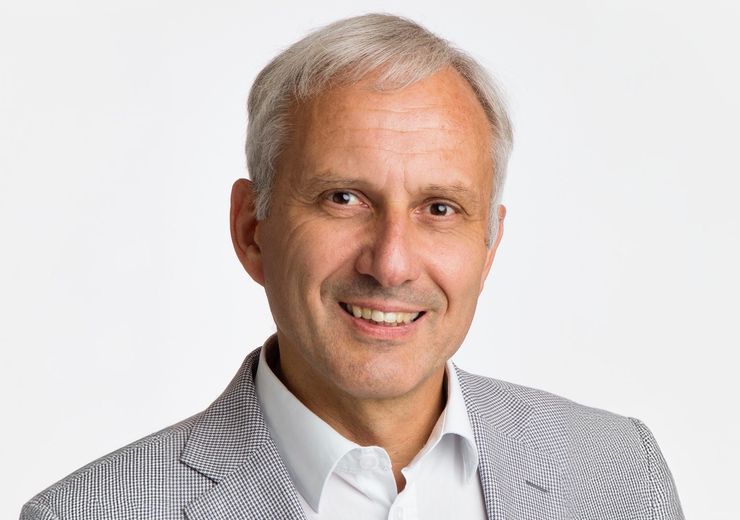
Gerhard Friedrich is a Full Professor of Production Informatics at the University of Klagenfurt, Austria, and heads the Intelligent Systems and Information Systems research group. He holds a doctorate in computer science from the Vienna University of Technology. Gerhard Friedrich has worked closely with the industry, notably Siemens AG, in artificial intelligence (AI) since 1987. In 1993, he moved from the Vienna University of Technology to Siemens AG Austria, where he set up an R&D department for AI. Numerous systems were realized based on AI techniques, configuring safety-critical systems that are in operation today and whose services are used daily by many people worldwide. In 1997, he was appointed full professor at the University of Klagenfurt, where he established the AI research department. In 2012, Prof. Friedrich became a Fellow of the European Association for Artificial Intelligence.
Thomas Haigh
University of Wisconsin-Milwaukee, USA

Thomas Haigh is a professor of history at UWM and from 2016 to 2023 is also Comenius Visiting Professor at Siegen University. He has degrees in computer science from Manchester University and in the history and sociology of science from the University of Pennsylvania. He is the lead author of A New History of Modern Computing (2021) and ENIAC in Action (2016), both published by MIT Press. His scholarly articles on the history of computing have won three awards and range from labor and gender history to word processing, database management systems, Internet history and transnational business history. He edits the Turing Award website for the ACM and writes the historical reflections column for communications to the ACM. At UWM he runs a retro-computing lab with working systems from the 1980s and 1990s. His current book project is Artificial Intelligence: A Concise History.
Lynda Hardman
CWI Amsterdam & Utrecht University, Netherlands
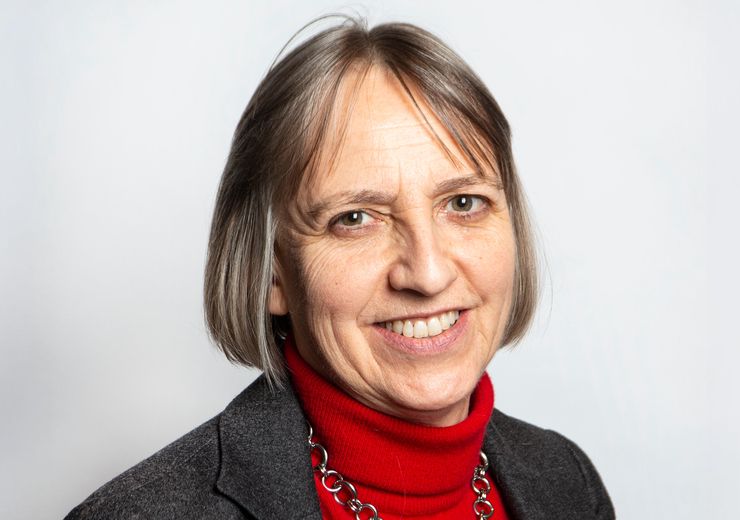
Lynda Hardman is Principal Researcher & Strategist at Centrum Wiskunde & Informatica (CWI), Amsterdam and Professor of Multimedia Discourse Interaction at Utrecht University, the Netherlands. She researches how visualisations can be used to improve the way domain experts interpret and interact with (linked) data. She is the Dutch Scientific Committee representative for COST and a member of the Scientific Technical Council for Surf, the ICT cooperative of Dutch education and research institutions. She was the president of Informatics Europe 2016-2017 and during her time as board member she founded the IE working group Women in Informatics Research and Education. She was named ACM Distinguished Scientist in 2014 and is a Fellow of the British Computer Society.
Frank van Harmelen
Vrije Universiteit Amsterdam, Netherlands

Frank van Harmelen (1960) is a professor in Knowledge Representation & Reasoning in the Computer Science department (Faculty of Science) at the Vrije Universiteit Amsterdam. After studying mathematics and computer science in Amsterdam, he moved to the Department of AI in Edinburgh, where he was awarded a PhD in 1989 for his research on meta-level reasoning. While in Edinburgh, he co-developed a logic-based toolkit for expert systems, and worked with Prof. Alan Bundy on proof planning for inductive theorem proving. After his PhD research, he moved back to Amsterdam where he worked from 1990 to 1995 in the SWI Department under Prof. Wielinga, on the use of reflection in expert systems, and on the formal underpinnings of the CommonKADS methodology for Knowledge-Based Systems. In 1995 he joined the AI research group at the Vrije Universiteit Amsterdam, where he now leads the Knowledge Representation and Reasoning Group. Since 2000, he has played a leading role in the development of the Semantic Web, which aims to make data on the web semantically interpretable by machines through formal representations. He was co-PI on the first European Semantic Web project (OnToKnowledge, 1999), which laid the foundations for the Web Ontology Language OWL. OWL has become a worldwide standard, it is in wide commercial use, and has become the basis for an entire research community. He co-authored the Semantic Web Primer, the first academic textbook of the field and now in its third edition, which is in worldwide use (translations in 5 languages, 10.000 copies sold of the English edition alone). He was one of the architects of Sesame, an RDF storage and retrieval engine, which is in wide academic and industrial use with over 200,000 downloads. This work received the 10-year impact award at the 11th International Semantic Web Conference in 2012, which is the most prestigous award in the field. He is principal investigator of the Hybrid Intelligence Centre, a 20m€, 10 year collaboration between researchers at 6 Dutch universities into AI systems that collaborate with people instead of replacing them. He is a fellow of the European AI Society ECCAI (membership limited to 3% of all European AI researchers), in 2014, he was admitted as member of the Academia Europaea (limited to the top 5% of researchers in each field), and in 2015 he was admitted as Member of the Royal Netherlands Society of Sciences and Humanities (500 members across all sciences). He is a guest professor at the Wuhan University of Science and Technology (WUST) in Wuhan, China.
Sepp Hochreiter
Johannes Kepler University Linz, Austria

Sepp Hochreiter heads the Institute for Machine Learning, the LIT AI Lab, and is Director of the ELLIS Unit at the Johannes Kepler University Linz. He is the founder of the company NXAI, which advances new deep learning technologies such as xLSTM. He is considered a pioneer of deep learning due to his fundamental work and historical milestones, the development of Long Short-Term Memory (LSTM) and the analysis of the Vanishing Gradient. Dr. Hochreiter’s groundbreaking work on LSTM was at the core of the first large language models that later led to ChatGPT and similar models.
Gerti Kappel
TU Wien, Austria
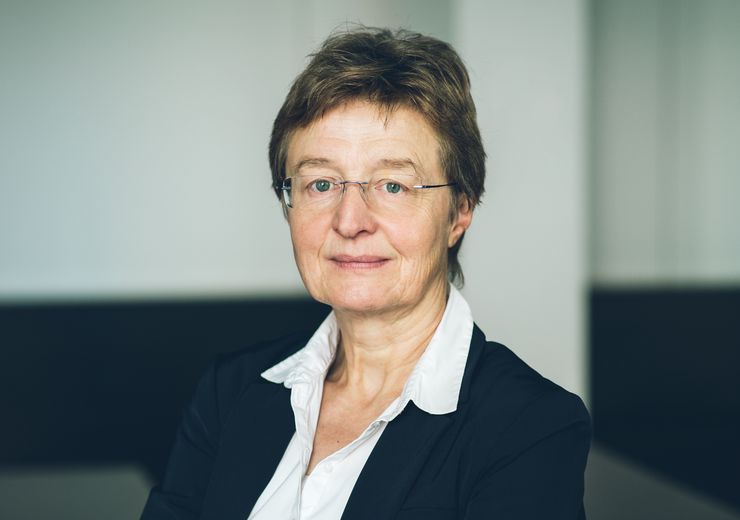
Gerti Kappel is dean of the Faculty of Informatics of TU Wien since beginning of 2020. She has been a full professor of business informatics at the Institute of Information Systems Engineering at TU Wien since 2001. Previously, she was a full professor of computer science (database systems) at Johannes Kepler University Linz from 1993 to 2001. From 2004 to 2007, she was Dean of Academic Affairs for Business Informatics. From 2003 to 2007, she initiated and led the internationally renowned Women Postgraduate College of Internet Technologies (WIT), which paved the way for several ongoing support programs for women at the university level. From 2014 to 2017, she was on the Board of Trustees of the Austrian Science Fund (FWF). Currently, she is also member of the advisory board of the Weizenbaum Institute for the Networked Society (Berlin). Her research interests include Model Engineering, Web Engineering, and Process Engineering with a special focus on cyber-physical production systems. Her ambition for the unity of research and teaching is evidenced by the scientific textbooks “UML@Work ” (dpunkt.verlag, 3rd edition, 2005, co-author), “UML@Classroom ” (Springer, 2015, co-author) and “Web Engineering” (Wiley, 2006, co-editor).
Günter Klambauer
Johannes Kepler University Linz, Austria

Günter Klambauer is associate professor for “Artificial Intelligence in Life Sciences” at the LIT AI Lab and the Institute for Machine Learning of the Johannes Kepler University Linz. After studying mathematics and biology at the University of Vienna, Günter Klambauer started his research in the field of machine learning and bioinformatics in 2010 at the Johannes Kepler University Linz, where he received his doctorate in 2014. For the application of machine learning techniques in genetics and molecular biology he was awarded the Austrian Life Science Award 2012 and the Award of Excellence of the Austrian Ministry of Science in 2014. Over the past years, he has led several data analysis groups in large projects with several pharmaceutical companies. In an international scientific competition, the Tox21 Data Challenge, Günter Klambauer and his group developed the best computational method for predicting the toxicity of chemicals. He is known for the development of “self-normalizing neural networks”. His current research focuses on the development of Deep Learning and AI methods for use in Life Sciences.
Stefan Klein
University of Münster, Germany
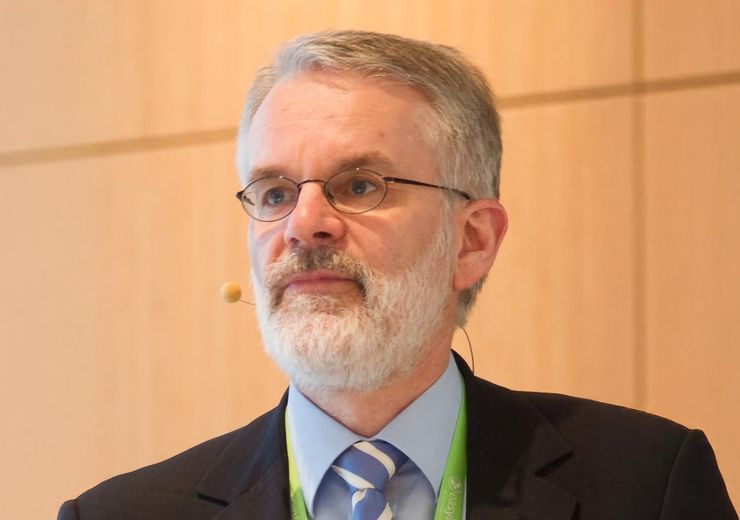
Stefan Klein was Professor for Interorganizational Systems at the School of Business and Economics, University of Münster, Germany, and a director of the European Research Center for IS. He has served as Vice Dean (Internationalization) and Dean. His research areas are information infrastructures, digitalization and societal risk, transformation of work. He studies practices of technology use and organizational transformation from an individual to an industry level, in particular in academic publishing and healthcare. He held teaching or research positions in five countries.
Brigitte Krenn
Austrian Research Institute for AI, Austria
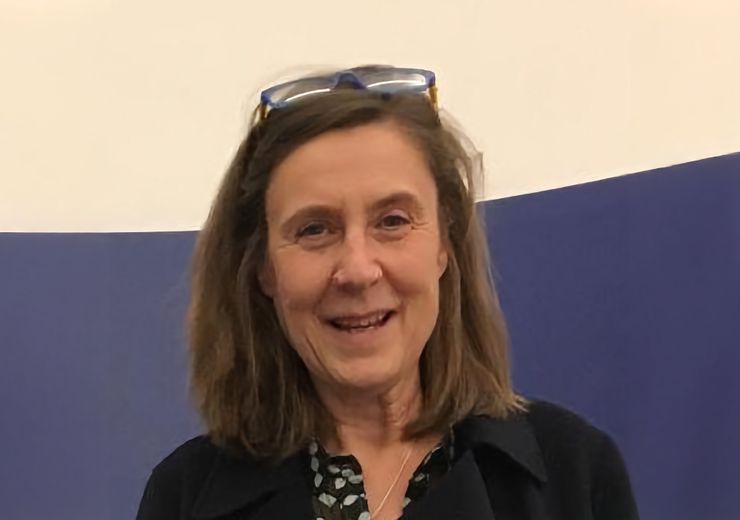
Brigitte Krenn is Deputy Director of the Austrian Research Institute for Artificial Intelligence (OFAI). She has worked in natural language processing and AI since 1990. Her overall research interest lies in understanding and computationally modelling human language capability. On the one hand, she focuses on the development and application of core language technology combining linguistic analysis with state-of-the-art deep learning and data science based approaches to text and speech processing. On the other hand, she works on understanding and modelling multi-modal behaviour of communicating agents (humans and artificial agents), including language learning and understanding on robots inspired by results from research on human cognition.She was faculty staff at the Computational Linguistics Department of Saarland University Saarbrücken, Germany, scientific head of the Research Studios Austra — Studio Smart Agent Technologies and member of Seibersdorf Research, Austria.She is board member of the Austrian Society for Artificial Intelligence (ASAI) where she initiated the Working Group on Natural Language Processing.
George Metakides
Digital Enlightenment Forum, Netherlands

George Metakides is visiting professor at the University of Southampton, Adjunct Professor at the European University of Cyprus, President of the Digital Enlightenment Forum, and Advisor to several international organizations. He is involved in the analysis of the economic, political and social impact of digitization, related cybersecurity, data protection and regulatory issues and the promotion of international cooperation towards a digital ecosystem respecting shared human values. With a Ph.D. in Mathematical Logic earned from Cornell University in 1971, he pursued an academic career at MIT, Cornell and Rochester University before returning to Greece as Chair of Logic at the University of Patras. Since 1984 he has held senior positions with responsibility for Research & Development policy, funding and international co-operation in European institutions including the Directorship of the ESPRIT program. He has contributed to the establishment of international institutions (including the launch of the World Wide Web consortium in 1993), has received a number of awards and honorary degrees and is a corresponding member of several National Academies.
Enrico Nardelli
University of Roma “Tor Vergata”, Italy

Enrico Nardelli is full professor of Informatics at University of Rome "Tor Vergata" and Past President of Informatics Europe, the association representing Informatics university departments and research labs in Europe. Since 2014 he coordinates "Programma il Futuro", a project run by CINI (National Interuniversity Consortium in Informatics), in accordance with the Italian Ministry of Education, to introduce in Italian schools the basic concepts of Informatics as a scientific discipline. The project is present in more than90% of the Italian schools and is followed by 3 million students. He is the director of the national laboratory "Informatics and School" of CINI (where he has served as Management Board member from 2013 to 2021) and member of the Steering Committee of the "Informatics for All" coalition, advocating the introduction of Informatics as component of fundamental education in all schools in Europe. His current research activity is Informatics Education and interdisciplinary study of Informatics systems and their social impact, within the Link&Think Research Lab and the CINI National laboratory "Informatics and Society". Previously he did research in various fields of Informatics, from algorithms to databases, from geographical information systems to man-machine interaction and cooperative information systems. He also carries out dissemination activity towards the general public regarding Informatics education and the role of Informatics in the digital society. His website is www.mat.uniroma2.it/~nardelli.
Helga Nowotny
Former President of the ERC

Helga Nowotny is Professor emerita of Science and Technology Studies, ETH Zurich; founding member and former President of the European Research Council. She has held teaching and research positions at universities and research institutions in several European countries. She continues to be actively engaged in research and innovation policy. Among others, she is currently member of the Board of Trustees of the Falling Walls Foundation, Berlin; Senior Fellow at the School of Transnational Governance, EUI, Florence; member of the Council IEA de Paris; member of the Austrian Council for Sciences, Technology, and Innovation and Chair of the Scientific Advisory Board of the Complexity Science Hub Vienna. She received multiple honorary doctorates e.g. from the University of Oxford and the Weizmann Institute of Science in Israel. Her latest publication “In AI we Trust. Power, Illusion and Control of Predictive Algorithms” was published by Polity Press in 2021 and has been translated into Italian, Spanish, Chinese and German.
Claudia Plant
University of Vienna, Austria
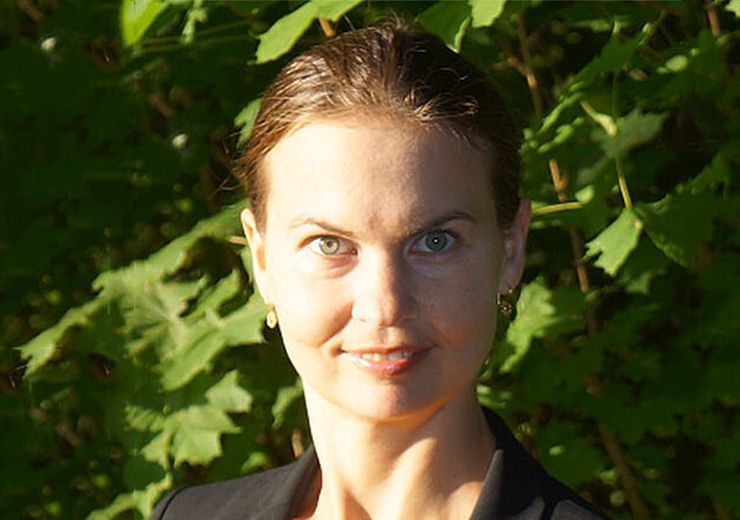
Claudia Plant is full professor, leader of the Data Mining and Machine Learning research group at the Faculty of Computer Science University of Vienna, Austria. Her group focuses on new methods for exploratory data mining, e.g., clustering, anomaly detection, graph mining and matrix factorization. Many approaches relate unsupervised learning to data compression, i.e. the better the found patterns compress the data the more information we have learned. Other methods rely on finding statistically independent patterns or multiple non-redundant solutions, on ensemble learning or on nature-inspired concepts such as synchronization. Indexing techniques and methods for parallel hardware support exploring massive data. Claudia Plant has co-authored over 150 peer-reviewed publications, among them more than 30 contributions to the top-level data mining conferences KDD and ICDM and 4 Best Paper Awards. Papers on scalability aspects appeared at SIGMOD, ICDE, and the results of interdisciplinary projects in leading application-related journals such as Bioinformatics, Cerebral Cortex and Water Research.
Axel Polleres
Wirtschaftsuniversität Wien, Austria

Axel Polleres joined the Institute of Data, Process and Knowledge Management of Vienna University of Economics and Business (WU Wien) in Sept 2013 as a full professor in the area of "Data and Knowledge Engineering". He obtained his doctorate and habilitation from Vienna University of Technology and worked at University of Innsbruck, Austria, Universidad Rey Juan Carlos, Madrid, Spain, the Digital Enterprise Research Institute (DERI) at the National University of Ireland, Galway, and for Siemens AG's Corporate Technology Research division before joining WU Wien. His research focuses on querying and reasoning about ontologies, rules languages, logic programming, Semantic Web technologies, Web services, knowledge management, Linked Open Data, configuration technologies and their applications. He has worked in several European and national research projects in these areas. Axel has published more than 100 articles in journals, books, and conference and workshop contributions and co-organised several international conferences and workshops in the areas of logic programming, Semantic Web, data management, Web services and related topics and acts as editorial board member for SWJ and JWS. Moreover, he actively contributed to international standardisation efforts within the World Wide Web Consortium (W3C) where he co-chaired the W3C SPARQL working group.
Erich Prem
eutema & TU Wien, Austria
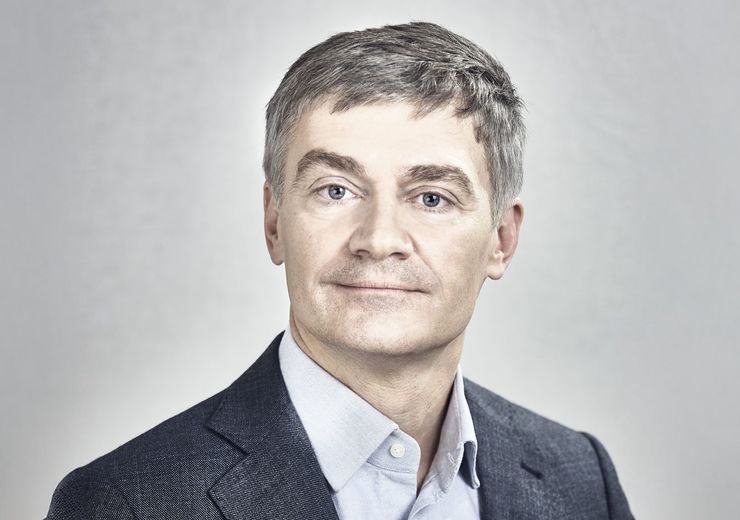
Erich Prem is chief RTI strategy advisor and CEO of eutema GmbH. He is an internationally renowned expert in research and innovation strategy with more than two decades of work experience in research and innovation management and RTDI policy. Erich Prem is a certified managerial economist and works scientifically in artificial intelligence, research politics, innovation research and epistemology. He published more than 70 scientific papers and was a guest researcher at the Massachusetts Institute of Technology. He received his Dr. phil. (epistemology) from the University of Vienna, his Dr.tech. from TU Vienna where he also completed his master’s in computer science (Dipl.Ing). He was a lecturer at TU Vienna’s Informatics Innovation Center. He received his MBA in General Management from Donau University.
Peter Reichl
University of Vienna, Austria
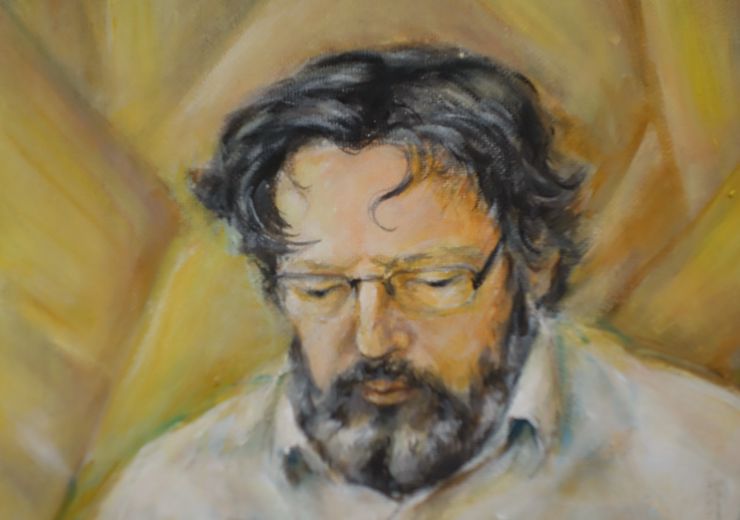
Peter Reichl studied mathematics and philosophy in Munich and Cambridge. Following his PhD studies in computer science at RWTH Aachen and ETH Zurich, he was working as Key Researcher at FTW Vienna. In 2011 he was appointed Professor for Networking Technology at Aalto University Helsinki, and became holder of two International Research Chairs at IN-RIA/Télécom Bretagne Rennes. Since 2013 he is Full Professor for Computer Science at University of Vienna. His research interests range from network economics over quantum computing and future cooperative systems towards philosophical and societal aspects of digitization and AI. His current books "Homo cyber 1&2" (www.homocyber.at) address fundamental questions around the human in digital transformation.
Francesco Ricci
Free University of Bozen-Bolzano, Italy
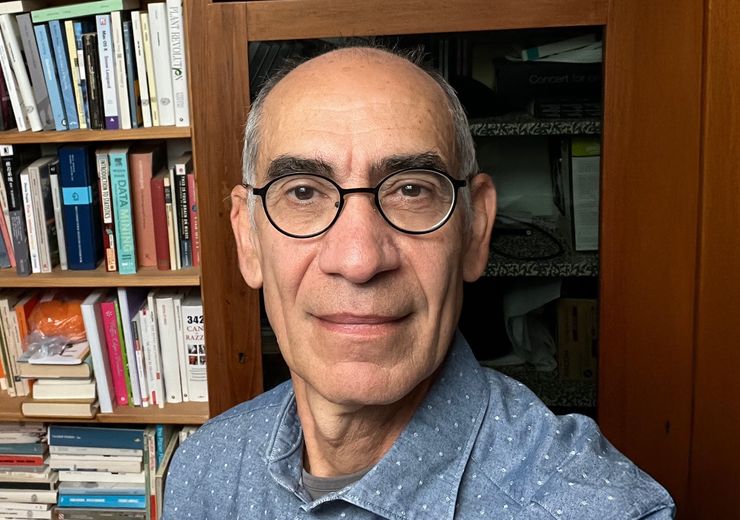
Francesco Ricci is a retired computer science professor of the Faculty of Engineering, Free University of Bozen-Bolzano. Previously, he was Senior Researcher and the Technical Director of the E-commerce and Tourism Research Laboratory (eCTRL), ITC-IRST, Trento, Italy. His research interests include recommender schemes, user modelling, machine learning, and ICT applications to travel and tourism. The main objective of his research is understanding how algorithmic AI and recommender systems influence human behaviour and to design and develop new types of such systems that can better serve the information and communication needs of the users. He is the author of more than 200 refereed publications and he is Co-Editor of the Recommender System Handbook (Springer 2022).
Viola Schiaffonati
Politecnico di Milano, Italy
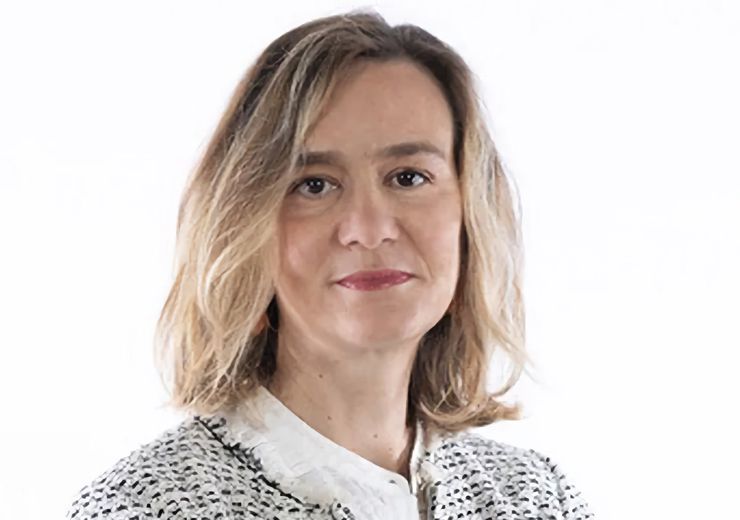
Viola Schiaffonati is associate professor of Logic and Philosophy of Science at Politecnico di Milano, Dipartimento di Elettronica, Informazione e Bioingegneria. She holds a PhD in Philosophy of Science from Università di Genova. She has been visiting scholar at the Department of Philosophy of the University of California at Berkeley and visiting researcher at the Suppes Center for the Interdisciplinary Study of Science and Technology of the Stanford University. Among the other things, Viola Schiaffonati is Director of the CINI National Laboratory on Informatics & Society (IeS), one of the three founding members of Polimi META, the study unit of social sciences and humanities for science and technology, and Associate Editor of the journal Science and Engineering Ethics. She has been a member of the European Commission Expert Group on AI and data in education and training as representative of Informatics Europe. Her research interests are in the philosophy of AI and robotics, the epistemology and methodology of experiments in computer engineering and autonomous robotics, the ethical issues of intelligent and autonomous systems.
Alexander Schindler
AIT Austrian Institute of Technology, Austria
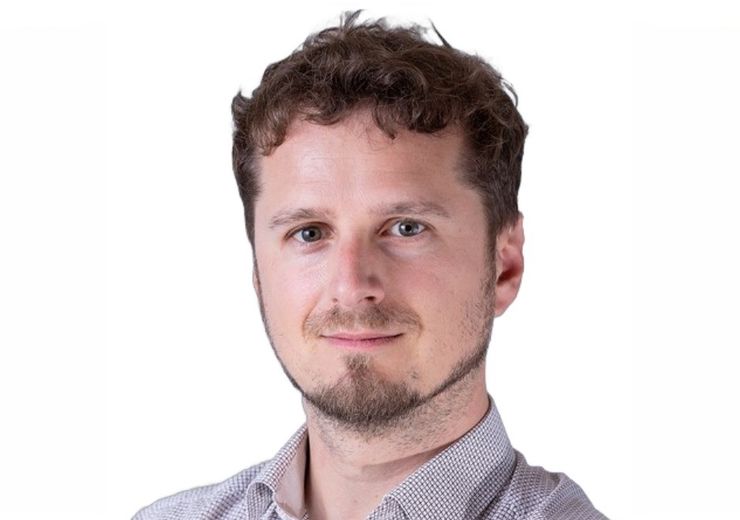
Alexander Schindler is Deputy Head of the Data Science & Artificial Intelligence competence unit at the AIT Austrian Institute of Technology. His research primarily focuses on multi-modal artificial intelligence, with particular expertise in audio analysis and natural language processing. He leads research teams dedicated to high-performance indexing and retrieval of large-scale, heterogeneous, unstructured, and multi-modal data. In addition to his role at AIT, Alexander is actively involved in the academic community as part of the Music Information Retrieval Lab at TU Wien, where he teaches and supervises students. His research interests span information retrieval, machine learning, deep neural networks, and cross-modal retrieval involving audio, image processing, and natural language. He has have a strong background in software engineering, having worked in various companies and international projects. He also serves as a reviewer for scientific journals and conferences and frequently hosts and organizes scientific and public events in his field.
Martina Seidl
JKU Linz, Austria
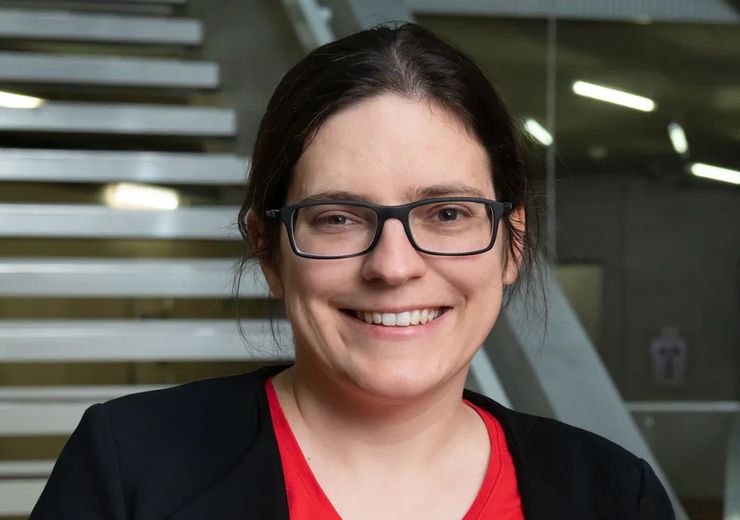
Martina Seidl is head of the Institute for Symbolic Artificial Intelligence at the Johannes Kepler University (JKU) in Linz, Austria. She obtained her PhD from the Vienna Technical University and her habilitation in computer science from JKU. Before becoming a full professor, she was associate professor at the Institute for Formal Models and Verification at JKU. Her research focuses on symbolic reasoning techniques with special emphasis on quantified Boolean formulas and applications in formal verification and symbolic artificial intelligence.
Luc Steels
University of Brussels, Belgium

Luc Steels studied linguistics at the University of Antwerp (Belgium) and computer science at the Massachusetts Institute of Technology (USA). His main research field is Artificial Intelligence covering a wide range of intelligent abilities, including vision, robotic behavior, conceptual representations and language. In 1983 he became a professor of computer science at the University of Brussels (VUB). He has been co-founder and chairman (from 1990 until 1995) of the VUB Computer Science Department (Faculty of Sciences). He founded the Sony Computer Science Laboratory in Paris in 1996 and became its first director. Currently he is ICREA research professor at the Institute for Evolutionary Biology(CSIC,UPF). Steels has participated in dozens of large-scale European projects and more than 30 PhD theses have been granted under his direction. He has produced over 200 articles and edited 15 books directly related to his research. During the past decade he has focused on theories for the origins and evolution of language using computer simulations and robotic experiments to discover and test them.
Moshe Vardi
Rice University, USA

With over 50,000 citations, Moshe Vardi is one of the most cited computer scientists worldwide. Since 1993, Moshe Vardi has been a professor at Rice University (Texas, USA). He is a leading researcher in the field of logic applications in computer science and plays a leading role in the discussion of the role of computer science in society. The lectures and articles by Moshe Vardi on the implications of robotics and artificial intelligence (up to the question of whether intelligent robots are stealing your job) have strongly influenced public discourse. Until 2017, he served as Editor‐in‐Chief of Communications of the ACM (CACM). Moshe Y. Vardi studied Physics and Computer Science at BarIlan University and at Weizmann Institute. He received his doctorate from the Hebrew University in Jerusalem (Israel). He spent several years in various positions at top institutions such as the Hebrew University, Stanford University and the IBM Research Center in San Jose (USA).
Christiane Wendehorst
University of Vienna, Austria
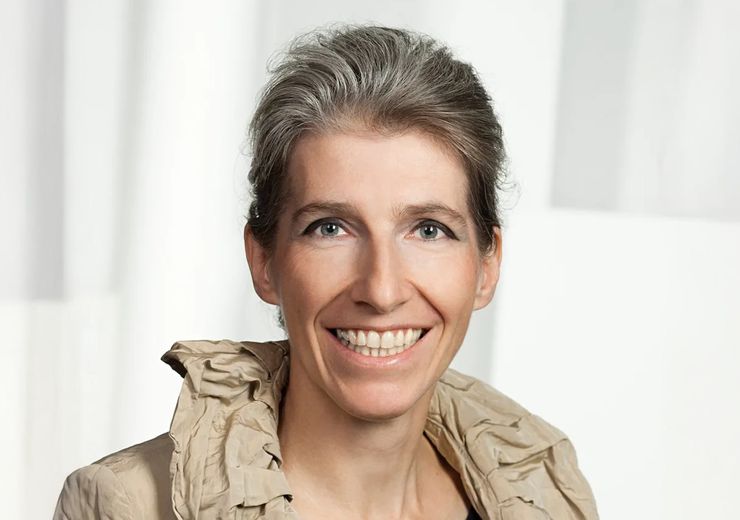
Christiane Wendehorst has been Professor of Civil Law at the University of Vienna since 2008. Amongst other functions, she is founding member and President of the European Law Institute (ELI), Chair of the Academy Council of the Austrian Academy of Sciences (ÖAW), Co-Head of the Department of Innovation and Digitalisation in Law, and member of the Managing Board of the Austrian Jurists’ Association (ÖJT), as well as the Bioethics Committee at the Austrian Federal Chancellery. She is an elected member of the Academia Europea (AE), the International Academy for Comparative Law (IACL), and the American Law Institute (ALI). From 2018-2019 she co-chaired the Data Ethics Commission of the German Federal Government. Currently she is European leader of the transatlantic project “Principles for a Data Economy” and EU delegate to the Global Partnership on AI (GPAI). Prior to moving to Vienna, she was a professor in Göttingen (1999-2008) and Greifswald (1998-99) and Managing Director of the Sino-German Institute of Legal Studies (2000-2008).
